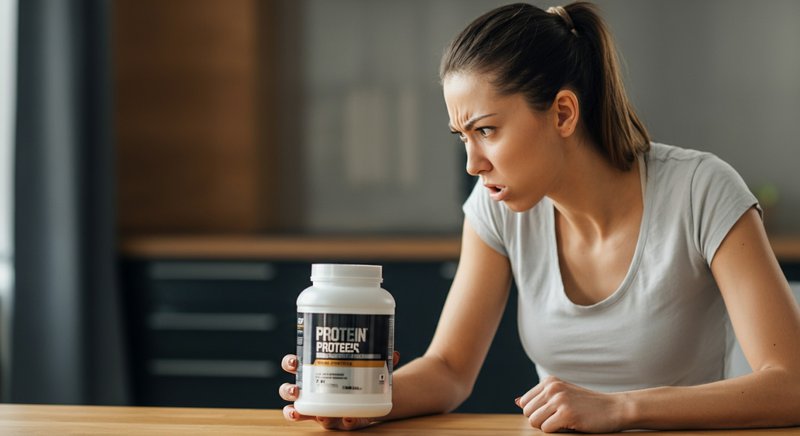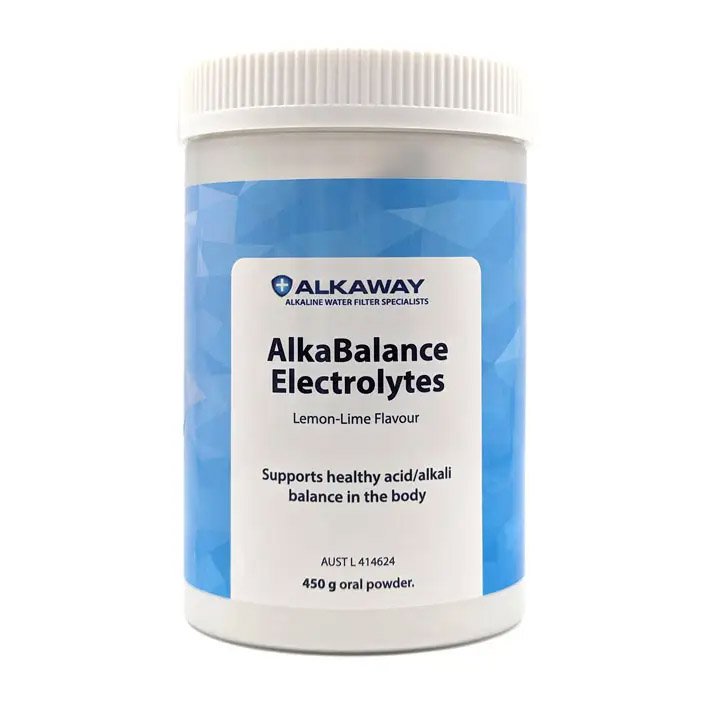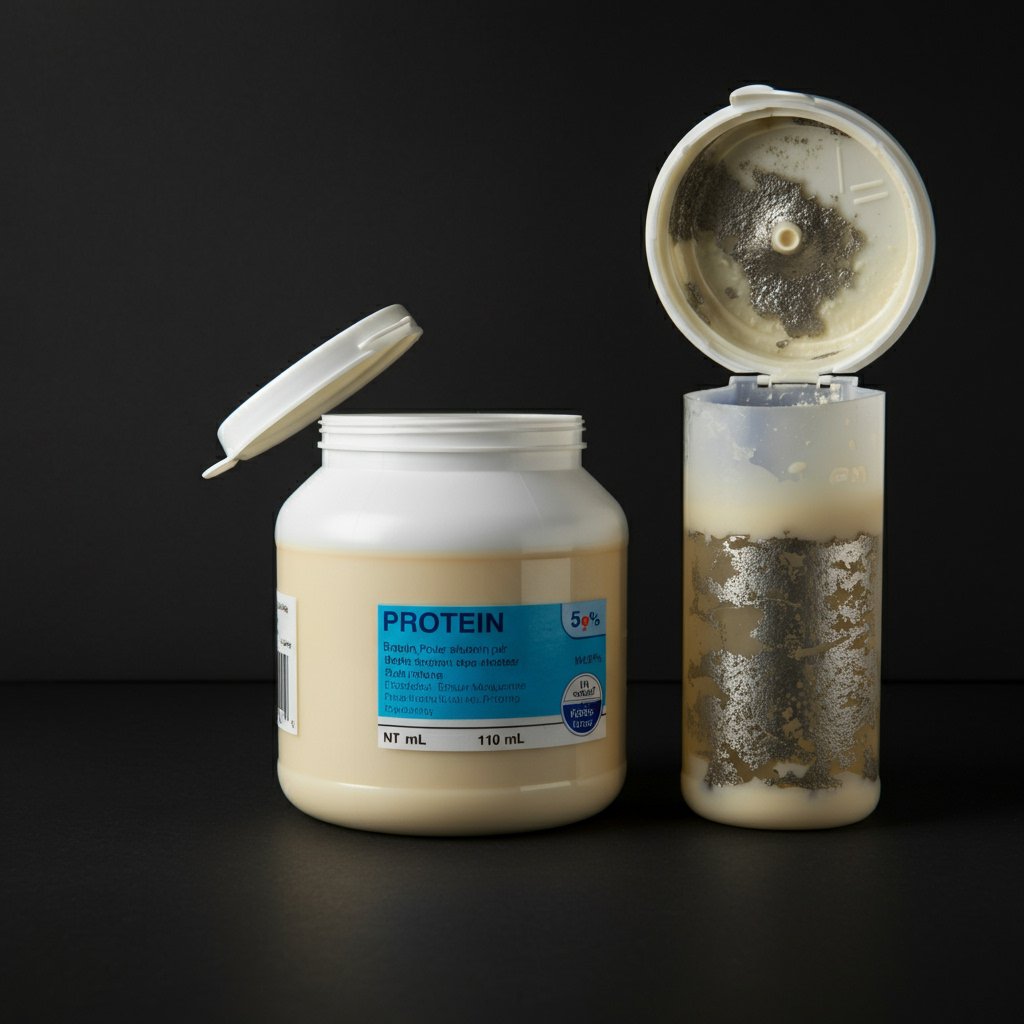
In recent years, protein powders have surged in popularity as dietary supplements for fitness enthusiasts and health-conscious individuals alike. However, a concerning report from CNN has shed light on an alarming issue: the presence of heavy metals in many popular protein powders. This revelation raises significant questions about the safety and regulation of these products, urging consumers to reconsider their choices.
The Hidden Dangers in Protein Powders
Protein powders are often marketed as essential for muscle growth, weight loss, and overall wellness. They come in various forms—whey, soy, pea, hemp—and are incorporated into smoothies, shakes, and other recipes. Despite their touted benefits, the presence of heavy metals such as lead, arsenic, cadmium, and mercury can pose serious health risks.
Understanding Heavy Metals
Heavy metals are elements with high atomic weights and densities that can be toxic even at low concentrations. Exposure to these metals can lead to severe health issues:
- Lead: Affects almost every organ system in the body but is particularly harmful to the nervous system.
- Arsenic: Long-term exposure can cause skin lesions, developmental effects, cardiovascular disease, neurotoxicity, and diabetes.
- Cadmium: Primarily affects kidneys and bones; it is also a known carcinogen.
- Mercury: Can damage the nervous system and is particularly dangerous for pregnant women and young children.
The cumulative effect of ingesting these contaminants over time can be detrimental to one's health.
Sources of Contamination
The contamination of protein powders with heavy metals can occur through several pathways:
- Soil Contamination: Plants used in protein powders may absorb heavy metals from contaminated soil or water sources.
- Manufacturing Processes: The equipment used during production might introduce contaminants if not properly maintained or cleaned.
- Packaging Materials: Certain packaging materials could leach chemicals into the product over time.
These factors underline the importance of stringent quality control measures within the supplement industry.
Regulatory Oversight
One critical issue highlighted by this report is the lack of stringent regulatory oversight for dietary supplements compared to pharmaceuticals. In many regions, including parts of North America and Europe:
- Dietary supplements do not require pre-market approval from regulatory agencies like the FDA (Food and Drug Administration).
- Manufacturers are responsible for ensuring their products' safety but are not mandated to conduct rigorous testing for contaminants.
- Post-market surveillance relies heavily on adverse event reporting by consumers or healthcare providers.
This regulatory gap means that potentially harmful products can reach consumers without adequate scrutiny.
Making Informed Choices
Given these concerns, what steps can consumers take to protect themselves?
Research Brands Thoroughly
Consumers should prioritize brands that provide transparent information about their sourcing practices and third-party testing results. Look for certifications from reputable organizations that test for heavy metal contamination.
Opt for Organic Options
Organic protein powders might offer a safer alternative since organic farming practices often involve stricter controls on soil quality and contaminant levels.
Diversify Protein Sources
Instead of relying solely on protein powders, consider incorporating whole food sources of protein into your diet such as beans, lentils, nuts, seeds, lean meats, fish (with caution due to potential mercury content), eggs, dairy products (if tolerated), tofu/tempeh (for vegetarians), quinoa/amaranth/buckwheat (for grains).
Stay Informed
Stay updated with reports from consumer advocacy groups or independent laboratories that regularly test supplements for contaminants. Knowledge is power when it comes to making safe dietary choices.
Conclusion
The revelation about heavy metal contamination in protein powders serves as a stark reminder that not all health supplements are created equal. As consumers become more aware of these hidden dangers lurking within seemingly beneficial products like protein powder supplements – it becomes imperative they make informed decisions regarding their intake while advocating better regulations ensuring public safety remains paramount above profit margins across industries involved producing such goods worldwide today more than ever before!
Our Take
Our fundamental philosophy has always been full hydration with an optimum water quality to become the bedrock of health. A good diet is a huge and contentious subject we’re not ging to get into here. We’ve always also believed in and observed the benefits accrued from a daily top-up of the four fundamental alkaline minerals. We had our inhouse Naturopath design the optimum and synergistic mix and we offer it as AlkaBalance. Just a teaspoon a day.

Reviewer Philip Chen
Rated 5 out of 5
It really lowered my acidity and I have taken it many years first by buying from your agent in Perth. Now I have introduced to 2 of my friends who have recently also ordered.

